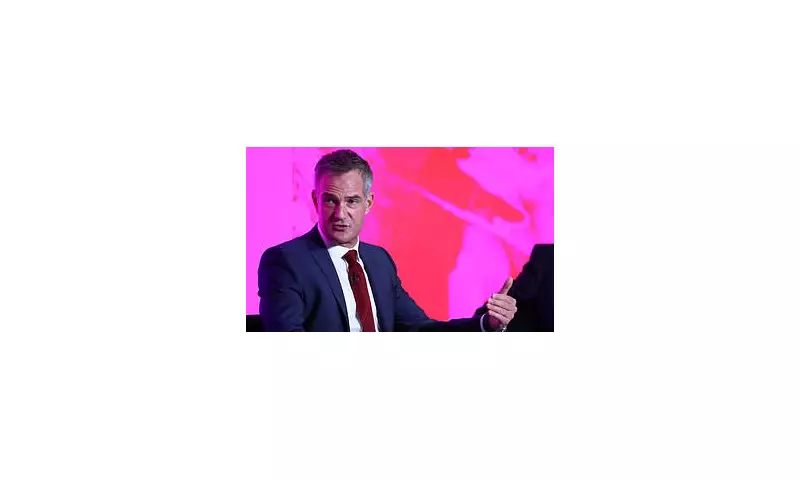
In a radical and unprecedented move to break the stalemate in Ukraine, the British government is developing a bold strategy that would see the UK unilaterally impose punishing trade tariffs on China, the Daily Mail can exclusively reveal.
The audacious plan, being drawn up by senior ministers and officials, represents a significant escalation of Western economic statecraft. It is predicated on a stark ultimatum: Beijing must use its considerable influence over the Kremlin to compel Vladimir Putin to end his brutal invasion, or face severe economic consequences from one of its largest trading partners.
A New Front in Economic Warfare
The proposed measures would mark a dramatic shift in the UK's approach to China, moving from cautious diplomacy to assertive economic pressure. The strategy recognises China's role as a critical lifeline for the Russian economy, providing everything from microchips to dual-use equipment that sustains Putin's war machine.
Whitehall sources indicate the tariff package could be extensive, targeting billions of pounds worth of Chinese imports. The move is designed to inflict enough economic pain on Beijing to make its continued support for Moscow untenable.
Calculated Risk on the Global Stage
This gambit is not without its perils. Such a decision would place the UK on a potential collision course with China, risking retaliatory measures that could impact British businesses and consumers. It also signals a willingness by Prime Minister Rishi Sunak's government to act unilaterally, potentially ahead of broader international consensus.
However, proponents of the plan argue that the status quo is unsustainable. With the war in Ukraine dragging into its third year and human costs mounting daily, conventional diplomatic and sanctions pressure on Russia has so far failed to secure a peace deal. This new strategy aims to target the conflict's primary enabler rather than just its perpetrator.
International Ramifications and Domestic Calculus
The UK's bold stance could reverberate across NATO and the G7, potentially encouraging other nations to adopt a similarly hardline approach towards China's tacit support for Russia. It places human rights and international law at the forefront of trade policy, a significant departure from purely economic considerations.
Domestically, the policy is likely to be framed as a necessary, albeit risky, demonstration of global British leadership in defending a rules-based international order. The government appears to be calculating that the British public's support for Ukraine remains strong enough to weather potential economic headwinds.
As this high-stakes strategy is refined behind the scenes in Westminster, the world watches to see if economic pressure on Beijing could finally be the key to unlocking peace in Eastern Europe.





